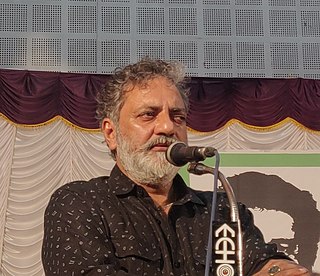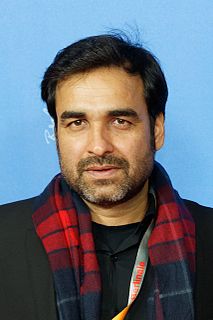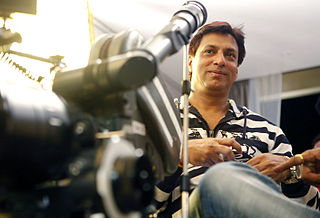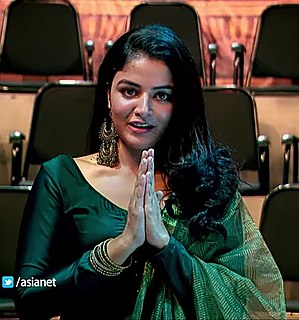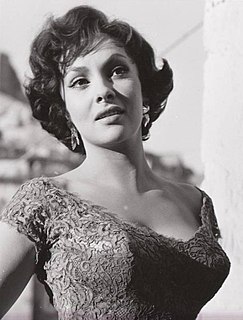A Quote by Joy Mathew
I took to cinema because I found cinema was the medium for what I wanted to say through 'Shutter;' it was something beyond the scope of a play.
Related Quotes
I think what I loved in cinema - and what I mean by cinema is not just films, but proper, classical cinema - are the extraordinary moments that can occur on screen. At the same time, I do feel that cinema and theater feed each other. I feel like you can do close-up on stage and you can do something very bold and highly characterized - and, dare I say, theatrical - on camera. I think the cameras and the viewpoints shift depending on the intensity and integrity of your intention and focus on that.
I'm very pessimistic about adaptations from one medium to another. I've got a very kind of primitive, Puritan view of it. I tend to think that if something was derived for one medium, then there's no real immediate reason to think that it's necessarily going to be as good or better if adapted into another one. There have been very good stage plays that have made some very good films. But there are not so many differences between the theater and the cinema as there are between the cinema and, say, reading a book or reading a comic.
MORE CONSISTENTLY THAN EVER I WAS TRYING TO MAKE PEOPLE BELIEVE THAT CINEMA AS AN INSTRUMENT OF ART HAS ITS OWN POSSIBILITIES WHICH ARE EQUAL TO THOSE OF PROSE. I WANTED TO DEMONSTRATE HOW CINEMA IS ABLE TO OBSERVE LIFE, WITHOUT INTERFERING, CRUDELY OR OBVIOUSLY, WITH ITS CONTINUITY. FOR THAT IS WHERE I SEE THE POETIC ESSENCE OF CINEMA.
